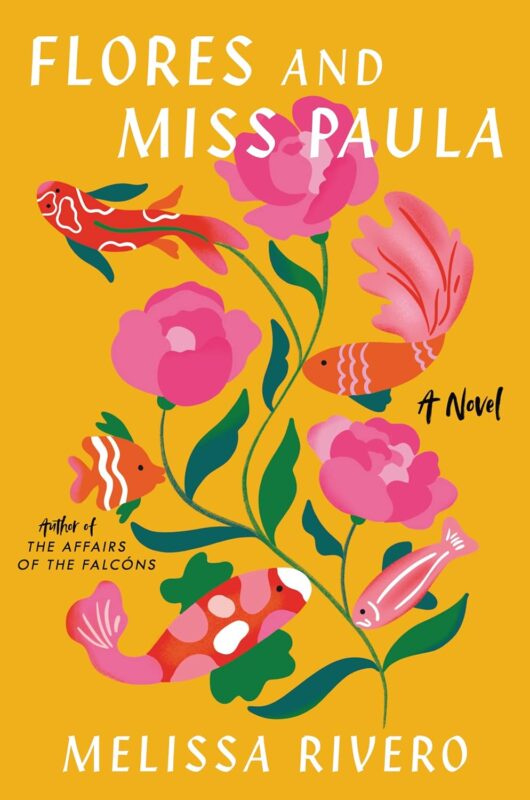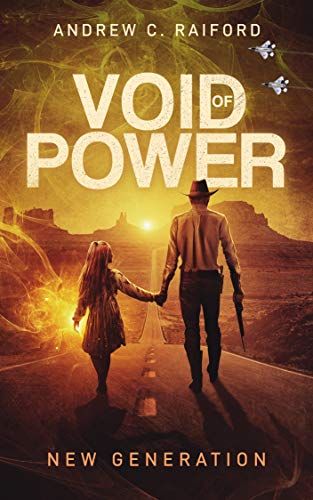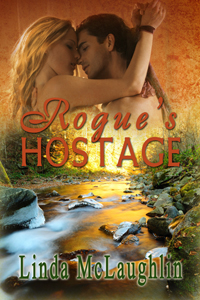REDUNDANT
September 19, 2018 by Jenny Jensen in category On writing . . . by Jenny Jensen tagged as editing, redundant, writing
REDUNDANT: adj. Exceeding what is necessary or natural; superfluous. Needlessly wordy or repetitive in expression. American Heritage Dictionary
In my editing business I come across redundancy a lot. That and it’s kissin’ cousin overwriting. Both are common, and excusable — especially in the draft stage. We all do it. A draft is the place to get every thought out and on the page. It isn’t surprising when your draft reads: “Conversation with Jason was so dull and boring he was putting Claire to sleep”. That’s a simple repetition of meaning within a single sentence and it’s easy to spot and fix. If Jason is so dull he’s putting Claire to sleep then clearly the guy is boring. Go for punchy: “Claire found conversation with Jason soporific.” If you’re looking for it you’ll spot the redundant meanings and as awareness grows even drafts lose the redundancies.
Redundant means needlessly wordy as well as repetitive and that’s a writing snafu that can suck the life right out of good story.
Despite her past history Shelia remained woefully sad about the unintentional mistake that she’d made a long time ago when she was just a silly, young adolescent and not the wise and knowing 17 year old she was now. She wished she could just postpone the principal’s request until later and deal with the whole ugly business in the future when she was older and prettier (as if that was even possible). Squaring her shoulders she pulled herself up, raised her chin, took an enriching deep breath and marched into Mr. Grisslywald’s office.
Wow, there it is: redundant kissing right up to over writing. They often go hand in hand like mismatched mittens. You know a book suffers from overwriting when you find yourself thinking “Get on with it…puhleese” in the middle of a chapter. But it’s easy to spot when self-editing. If a passage seems overly long take out all the words that don’t affect meaning and then question the necessity of what’s left. Does it move the story forward? Add anything to plot or character understanding? Strengthen foreshadowing or reinforce atmosphere? If not, cast the evil over writing out. Keep your narrative flowing with the essentials.
Having relayed all those warnings about redundancy, it does have a bright side. Repetition is a well-used literary technique. Used correctly and for the right reasons it’s very effective. Trigger words (or phrases) for example. Trigger words are words chosen to elicit an emotional response and can be very powerful when repeated throughout a story. A bit like metaphor, the meaning of a trigger word needs to be established early in the narrative i.e., what emotional response the author wants it to evoke. Then when that trigger word appears again and again in the appropriate place, the reader knows and feels that emotional response. It can be a very effective way to convey character motivation, or reinforce a story’s entire premise.
A story of mine opens with the narrator remembering her grandmother. Granny Mae Rae spit with disdain when talking of those women she called Passion Hearted. These are the women who can’t face their lot, accept the man they’re supposed marry, bear without fuss the children they’re fated to have and carry on with the chores of life without complaint. Instead they search for meaning, for some strange notion of fancy love, chasing after some fey idea of purpose. Granny Mae Rae knew all about purpose and it wasn’t Passion Hearted.
That term is explained up front and repeated throughout the narrative as the heroine comes to learn that she is one of Granny’s Passion Hearted. Her rags to riches character, who seeks a soul mate, is better understood and her motivations reinforced by repetition of that trigger. OK, mine may not be great literature but the technique works.
Repetition can be a really effective device if properly used, but as a natural consequence of writing it’s often redundant. Stay mindful of dull and boring, aware of unnecessary verbiage and repetitive descriptions and actions that don’t add anything. A clean, succinct narrative allows us readers to happily just get lost in the tale.
Jenny
2 0 Read moreAffiliate Links
A Slice of Orange is an affiliate with some of the booksellers listed on this website, including Barnes & Nobel, Books A Million, iBooks, Kobo, and Smashwords. This means A Slice of Orange may earn a small advertising fee from sales made through the links used on this website. There are reminders of these affiliate links on the pages for individual books.
Search A Slice of Orange
Find a Column
Archives
Featured Books
FLORES AND MISS PAULA
Forgive me if I failed you. Remember that I always loved you.
More info →TRACKING SHADOWS
When danger whispers in the dark, the shadows are the last place to hide…
More info →FREYA Viking Glory Book Two
What happens when an immovable object meets an unstoppable force? Sparks fly and love blooms.
More info →Newsletter
Contributing Authors
Search A Slice of Orange
Find a Column
Archives
Authors in the Bookstore
- A. E. Decker
- A. J. Scudiere
- A.J. Sidransky
- Abby Collette
- Alanna Lucus
- Albert Marrin
- Alice Duncan
- Alina K. Field
- Alison Green Myers
- Andi Lawrencovna
- Andrew C Raiford
- Angela Pryce
- Aviva Vaughn
- Barbara Ankrum
- Bethlehem Writers Group, LLC
- Carol L. Wright
- Celeste Barclay
- Christina Alexandra
- Christopher D. Ochs
- Claire Davon
- Claire Naden
- Courtnee Turner Hoyle
- Courtney Annicchiarico
- D. Lieber
- Daniel V. Meier Jr.
- Debra Dixon
- Debra H. Goldstein
- Debra Holland
- Dee Ann Palmer
- Denise M. Colby
- Diane Benefiel
- Diane Sismour
- Dianna Sinovic
- DT Krippene
- E.B. Dawson
- Emilie Dallaire
- Emily Brightwell
- Emily PW Murphy
- Fae Rowen
- Faith L. Justice
- Frances Amati
- Geralyn Corcillo
- Glynnis Campbell
- Greg Jolley
- H. O. Charles
- Jaclyn Roché
- Jacqueline Diamond
- Janet Lynn and Will Zeilinger
- Jaya Mehta
- Jeannine Atkins
- Jeff Baird
- Jenna Barwin
- Jenne Kern
- Jennifer D. Bokal
- Jennifer Lyon
- Jerome W. McFadden
- Jill Piscitello
- Jina Bacarr
- Jo A. Hiestand
- Jodi Bogert
- Jolina Petersheim
- Jonathan Maberry
- Joy Allyson
- Judy Duarte
- Justin Murphy
- Justine Davis
- Kat Martin
- Kidd Wadsworth
- Kitty Bucholtz
- Kristy Tate
- Larry Deibert
- Larry Hamilton
- Laura Drake
- Laurie Stevens
- Leslie Knowles
- Li-Ying Lundquist
- Linda Carroll-Bradd
- Linda Lappin
- Linda McLaughlin
- Linda O. Johnston
- Lisa Preston
- Lolo Paige
- Loran Holt
- Lynette M. Burrows
- Lyssa Kay Adams
- Madeline Ash
- Margarita Engle
- Marguerite Quantaine
- Marianne H. Donley
- Mary Castillo
- Maureen Klovers
- Megan Haskell
- Melanie Waterbury
- Melisa Rivero
- Melissa Chambers
- Melodie Winawer
- Meriam Wilhelm
- Mikel J. Wilson
- Mindy Neff
- Monica McCabe
- Nancy Brashear
- Neetu Malik
- Nikki Prince
- Once Upon Anthologies
- Paula Gail Benson
- Penny Reid
- Peter J Barbour
- Priscilla Oliveras
- R. H. Kohno
- Rachel Hailey
- Ralph Hieb
- Ramcy Diek
- Ransom Stephens
- Rebecca Forster
- Renae Wrich
- Roxy Matthews
- Ryder Hunte Clancy
- Sally Paradysz
- Sheila Colón-Bagley
- Simone de Muñoz
- Sophie Barnes
- Susan Kaye Quinn
- Susan Lynn Meyer
- Susan Squires
- T. D. Fox
- Tara C. Allred
- Tara Lain
- Tari Lynn Jewett
- Terri Osburn
- Tracy Reed
- Vera Jane Cook
- Vicki Crum
- Writing Something Romantic
Affiliate Links
A Slice of Orange is an affiliate with some of the booksellers listed on this website, including Barnes & Nobel, Books A Million, iBooks, Kobo, and Smashwords. This means A Slice of Orange may earn a small advertising fee from sales made through the links used on this website. There are reminders of these affiliate links on the pages for individual books.









































